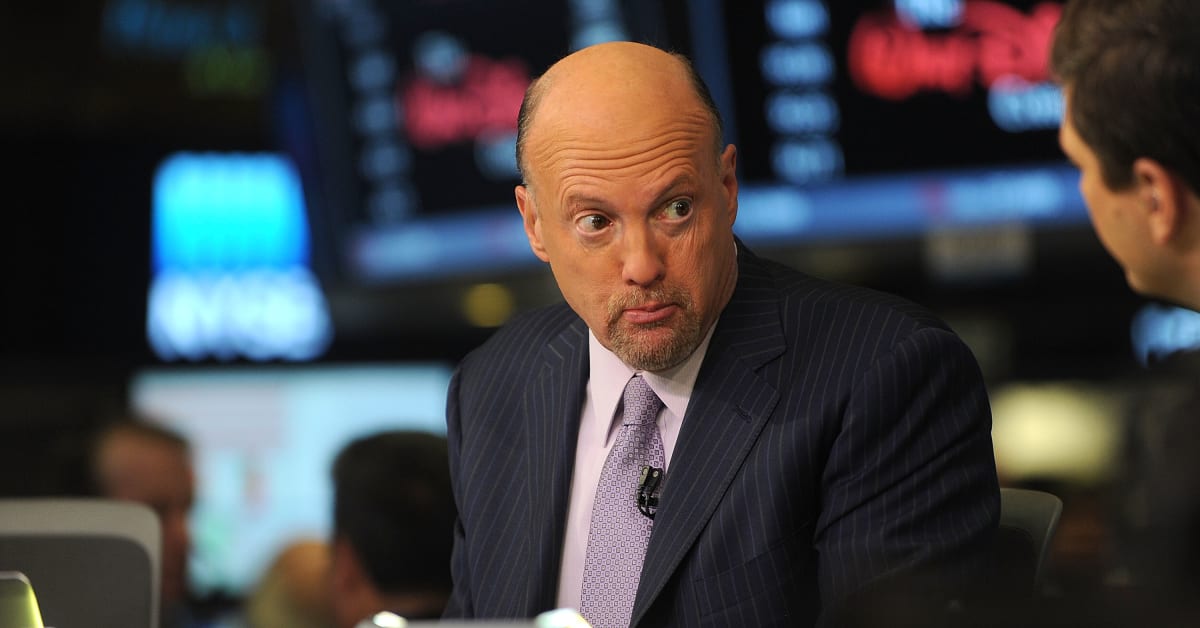
The Market Meltdown: Tariffs, Uncertainty, and the Road Ahead
The stock market’s recent tumble has sent shockwaves through Wall Street, leaving investors reeling and scrambling for answers. The culprit? A renewed escalation of trade tensions, specifically the announcement of significantly increased tariffs on a wide range of imported goods. While the initial justification might have focused on national security or protecting domestic industries, the reality is far more complex and the consequences are already being felt acutely.
This isn’t just a minor correction; this is a genuine market upheaval fueled by uncertainty. The abrupt nature of the tariff announcements has caught businesses off guard, disrupting supply chains and forcing companies to grapple with significantly higher costs. These increased costs aren’t simply absorbed; they’re passed on to consumers in the form of higher prices, impacting everything from everyday necessities to luxury goods. This inflationary pressure further erodes consumer spending power, creating a vicious cycle that stifles economic growth.
The immediate impact is evident in the plummeting stock prices of companies heavily reliant on imported goods or those with significant international operations. Industries like manufacturing, retail, and technology are particularly vulnerable, as many rely on global supply chains and international markets for their products and components. The uncertainty surrounding future tariff policies adds another layer of complexity, making long-term planning and investment incredibly challenging. Businesses are hesitant to commit to large-scale projects or expansion plans when the economic landscape remains so volatile.
Beyond the immediate financial impacts, the broader implications are equally concerning. The erosion of investor confidence is palpable. When businesses struggle, jobs are at risk, and consumers tighten their belts, the overall economic outlook darkens. This uncertainty discourages investment, hindering innovation and potentially leading to a slowdown in economic growth or even a recession. The ripple effects are far-reaching and extend beyond the stock market alone.
The situation highlights the delicate balance between protecting domestic industries and fostering global economic cooperation. While the intent behind such policies may be well-meaning, the unintended consequences can be devastating. The complexities of global trade networks are vast, and unilateral actions often trigger unforeseen reactions from other nations, leading to retaliatory tariffs and further escalation.
So, what’s the path forward? A return to predictability and stability is paramount. Clear, consistent, and transparent trade policies are essential to restoring investor confidence and encouraging economic growth. This requires open dialogue and collaboration, both domestically and internationally, to find mutually beneficial solutions that avoid further escalation and allow businesses to plan for the future with greater certainty. The current situation serves as a stark reminder of the interconnectedness of the global economy and the importance of carefully considering the potential ramifications of any policy before its implementation. A proactive, collaborative approach is crucial to navigating these turbulent waters and ensuring a more stable and prosperous future.



Leave a Reply